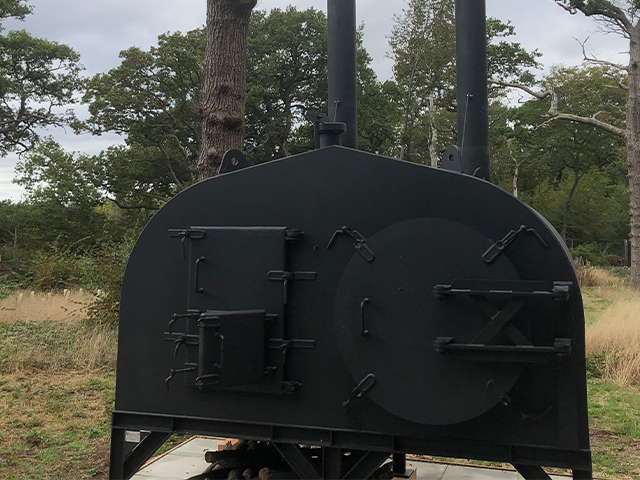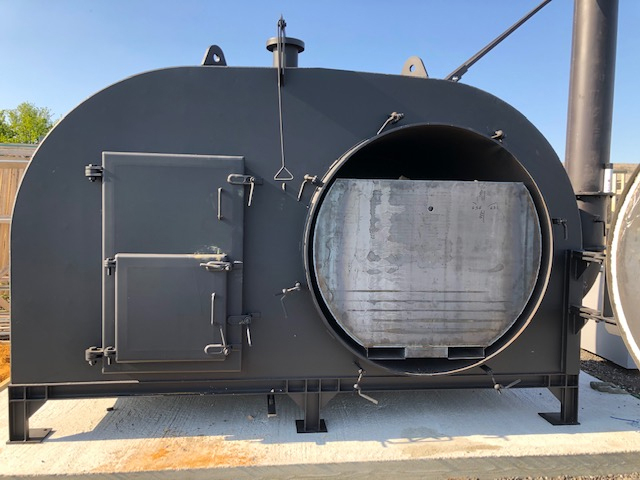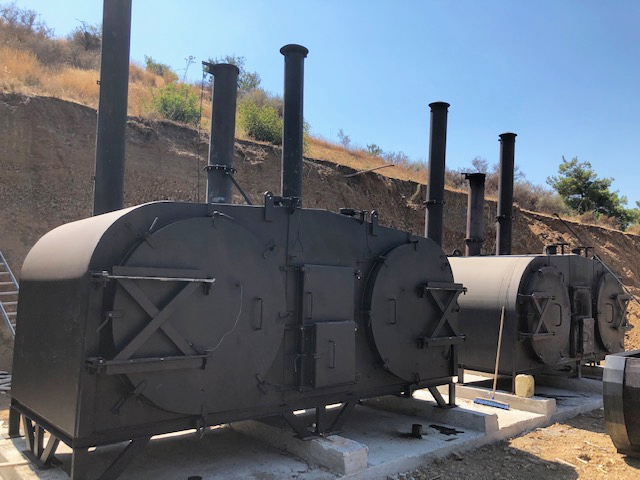UK Market Diversification
Benefits in farming when manufacturing biochar and BBQ charcoal out of their own woodland and wood waste.
Diversification in the UK market can bring several benefits to farming, especially when manufacturing biochar and BBQ charcoal from their own woodland and wood waste. Here are some potential benefits:
- Additional revenue stream: By diversifying into biochar and BBQ charcoal production, farmers can generate an additional revenue stream that is not dependent on traditional farming activities. This can help to mitigate the risks associated with volatile commodity prices or weather-related crop failures.
- Sustainable use of resources: Using wood waste and woodland to produce biochar and BBQ charcoal is a sustainable use of resources, reducing the amount of waste that would otherwise go to landfill and providing an alternative to fossil fuel-based charcoal.
- Soil improvement: Biochar is a form of charcoal used as a soil amendment to improve soil health and fertility. It can help to retain nutrients and moisture in the soil and promote the growth of beneficial soil microorganisms. By producing biochar on their farms, farmers can improve their soil health and reduce their reliance on expensive fertilisers.
- Carbon sequestration: Biochar production involves heating wood waste in a low-oxygen environment, which results in the carbon in the wood being converted into a stable form that can remain in the soil for hundreds or even thousands of years. This can help to sequester carbon and mitigate the effects of climate change.
- Marketing advantages: There is growing consumer demand for sustainably produced and locally sourced products, including biochar and BBQ charcoal. By producing these products on their farms, farmers can tap into this market and differentiate themselves from competitors.
This diversification into the production of biochar and BBQ charcoal can bring several benefits to farmers in the UK, including additional revenue streams, sustainable use of resources, soil improvement, carbon sequestration, and marketing advantages.
Research and Knowledge Sharing
Further research is needed to better understand the optimal application rates and methods for biochar in different soil types and for other crops. Knowledge sharing and collaboration between researchers, producers, and farmers can help ensure that biochar’s benefits are realised in commercial farming in the UK.
I cannot provide an exact estimate of the potential for producing biochar on UK farms, as this will depend on a range of factors, such as the availability of suitable feedstocks, the cost of production, and the demand for biochar.
However, there is growing evidence to suggest that there is potential for producing biochar on UK farms, mainly from agricultural waste streams such as straw, perhaps manure, and waste crop residues. According to a report by the UK Biochar Research Centre, there is potential to produce up to 20 million tonnes of biochar per year from agricultural waste in the UK.
In addition to agricultural waste, there may be opportunities to produce biochar from other sources, such as forestry residues and municipal waste.
However, the economic feasibility of producing biochar from these sources will depend on various factors, such as the availability and cost of feedstocks, the cost of processing, and the market demand for biochar. While there is potential for producing biochar on UK farms, further research and development will be needed to fully understand the potential benefits and drawbacks of this approach and its economic viability, has said previously.
Commercial Farming Carbon Credits
In addition to using biochar as a soil amendment in commercial farming, carbon credits can be a valuable tool for mitigating greenhouse gas emissions and improving sustainability. Carbon credits are units of greenhouse gas emissions reductions or removals that can be traded on carbon markets. By implementing practices that reduce emissions or sequester carbon, such as using biochar, farmers can generate carbon credits that can be sold to offset emissions from other sources.
Here are some key points to consider in a proposal for the use of biochar and other carbon credits in commercial farming:
- Carbon sequestration: Biochar has the potential to sequester carbon in the soil for long periods, which can generate carbon credits that can be sold on carbon markets. Carbon sequestration can be a valuable source of revenue for farmers while also helping to mitigate climate change.
- Reduced emissions: Besides carbon sequestration, other practices such as reducing fertiliser and pesticide use, reducing tillage, and implementing renewable energy sources can help reduce emissions and generate carbon credits.
- Access to carbon markets: Farmers can access carbon markets through carbon offset providers or participation in voluntary carbon credit programs. It is essential to carefully evaluate the terms and requirements of these programs to ensure that they are a good fit for the specific farming operation.
- Co-benefits: Implementing practices that generate carbon credits can also benefit farming operations, such as improved soil quality, reduced input costs, and increased crop resilience.
- Education and training: Farmers should know the benefits and opportunities of carbon markets and credits. Training sessions and workshops can be held to guide implementing practices that generate carbon credits and access carbon markets.
Pyrolysis Retorts
Find Out More
If you would like more information, provide your details below and we’ll send over our free information pack!
Error: Contact form not found.



